Now 50% Off for a Limited Time
50% Off – Sale Ends Tomorrow
50% Off – Sale Ends Tonight
How to Work with Blame: Expert Strategies to Shift Your Client Out of Anger, Pain, Resentment and Blame

 Blame is a powerful emotion.
Blame is a powerful emotion.
Problem is, blame’s power can also be addictive. When a client blames others, they often feel more certain in their belief or they feel more protected from painful emotions like shame.
But this protection comes with unintended consequences, because blame can push people out of the client’s life and poison so many of their intimate relationships.
So how do we help clients who struggle with blame?
We asked 22 world-renowned experts how they work with clients who blame. These are their top strategies.
How to Work with Clients Who Blame
Module 1: The Neurobiology of Blame

The Neurobiology of Blame
Dan Siegel, MD Shelly Harrell, PhD Ron Siegel, PsyD
Rick Hanson, PhD Kelly McGonigal, PhD
- Why we’re hardwired for fault-finding
- Two types of self-awareness that can foster blame
- The link between rumination and blame

How to Work with Blame When a Client Has a History of Trauma
Bessel van der Kolk, MD Rick Hanson, PhD
- How trauma can propel a client into patterns of blaming
- How to work with highly-sensitive blame triggers in clients who’ve experienced trauma
Module 2: How to Work with Clients Who Externalize Their Blame

The Missing Skill That Can Release a Client Frozen in Blame
Marsha Linehan, PhD Michael Yapko, PhD Rick Hanson, PhD
Kelly McGonigal, PhD Ron Siegel, PsyD
- Two polar opposite ways a client often assesses blame (and why both lead to pain)
- Two rigid beliefs that can make a client highly prone to blaming others

How to Help Clients Move from Blame into Self-acceptance and Kindness
Ron Siegel, PsyD Chris Germer, PhD
- The hidden issue often lying just beneath the client’s pain (and may be the key to successful treatment)
- How to help clients break a pain-blame loop
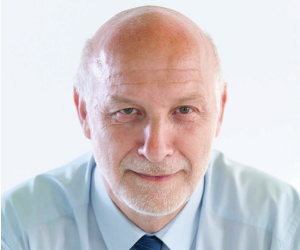
How the Loss of Mentalizing Fuels Blame
Peter Fonagy, PhD
- Why your client’s blame may be linked to a deficiency in their ability to mentalize
- The unique phenomenon that can heighten the intensity of a client feeling wronged
Module 3: How to Work with Blame That’s Protecting a Client From Shame

How to Work with Clients Who Fear Self-Blame
Richard Schwartz, PhD Christine Padesky, PhD
- How to work with blame in clients who show signs of narcissism
- How to help clients whose externalized blame is protecting them from internalized blame
- Why certain clients who blame will seek treatment only when they’re depressed
Richard Schwartz, PhD Christine Padesky, PhD
- How to work with blame in clients who show signs of narcissism
- How to help clients whose externalized blame is protecting them from internalized blame
- Why certain clients who blame will seek treatment only when they’re depressed
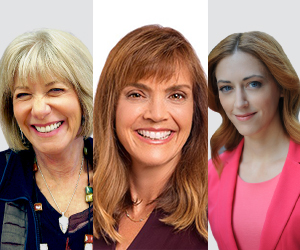
How to Reverse Black-and-White Thinking That Drives a Client’s Blame
Lynn Lyons, LICSW Kelly McGonigal, PhD Joan Borysenko, PhD
- How to adjust your language to reduce the potential for client defensiveness.
- The deep fear that keeps some clients from admitting fault in an issue
Module 4: Practical Strategies to Help Clients Break Blaming Patterns
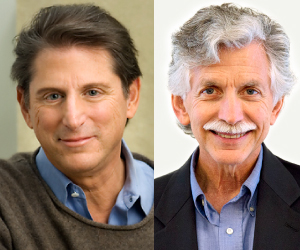
How to Disrupt Blame in Rigid Thinkers
Terry Real MSW, LICSW Ron Siegel, PsyD
- How to approach unfulfilled needs so clients don’t fall prey to blame
- How to work with clients whose blame is powered by issues of grandiosity
Terry Real MSW, LICSW Ron Siegel, PsyD
- How to approach unfulfilled needs so clients don’t fall prey to blame
- How to work with clients whose blame is powered by issues of grandiosity
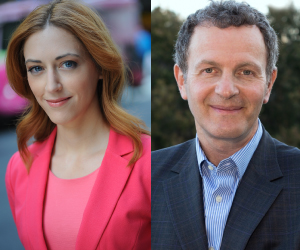
Helping Clients Avoid Blame Traps
Kelly McGonigal, PhD Zindel Segal, PhD
- Specific questions that can help clients see the true costs of their blame
- Why the benefits of blaming others can be so addicting for some clients
Kelly McGonigal, PhD Zindel Segal, PhD
- Specific questions that can help clients see the true costs of their blame
- Why the benefits of blaming others can be so addicting for some clients
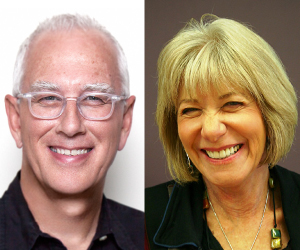
Four Practical Skills to Spark Change in Others
Bill O’Hanlon, LMFT Joan Borysenko, PhD
- One strategy that can radically shift a client’s use of fault-finding
- One change to a blame pattern that can be a turning point for clients with addiction disorders
Bill O’Hanlon, LMFT Joan Borysenko, PhD
- One strategy that can radically shift a client’s use of fault-finding
- One change to a blame pattern that can be a turning point for clients with addiction disorders
Module 5: Blame and Relationships

How to Work with a Client Whose Blaming Poisons Their Intimate Relationships
Stan Tatkin, PsyD MFT Ron Siegel, PsyD Richard Schwartz, PhD
- The core deficit that could be fueling a couple’s blame dynamic
- The common blame formula that can foster victimhood (and how to undo it)
- How childhood vulnerabilities play a key role in a couples’ blame cycle
Stan Tatkin, PsyD MFT Ron Siegel, PsyD Richard Schwartz, PhD
- The core deficit that could be fueling a couple’s blame dynamic
- The common blame formula that can foster victimhood (and how to undo it)
- How childhood vulnerabilities play a key role in a couples’ blame cycle

A Bottom-Up Approach to Restore a Relationship Shattered by Blame
Pat Ogden, PhD
- How to recognize the subtle pain signals that may be hiding behind a client’s blame
- How to disrupt a blaming pattern that’s keeping a relationship in pain
Pat Ogden, PhD
- How to recognize the subtle pain signals that may be hiding behind a client’s blame
- How to disrupt a blaming pattern that’s keeping a relationship in pain
Module 6: How to Help Clients Shift from a Blaming Mindset to a Growth Mindset

Avoiding Common Missteps When Working with Blame
Shelly Harrell, PhD Rick Hanson, PhD
- Why timing can affect a successful blame intervention
- Why disappointment may be the primary emotion that drives so much blame (and how to resolve it)
Shelly Harrell, PhD Rick Hanson, PhD
- Why timing can affect a successful blame intervention
- Why disappointment may be the primary emotion that drives so much blame (and how to resolve it)
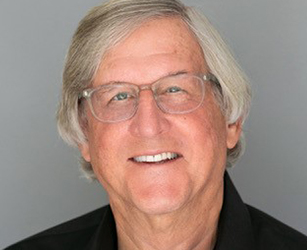
How to Prevent Resentment and Guide Clients to Growth
Michael Yapko, PhD
- Why some families can be particularly susceptible to a blaming relationship
- How to help clients connect blame to the way they approach expectations
Michael Yapko, PhD
- Why some families can be particularly susceptible to a blaming relationship
- How to help clients connect blame to the way they approach expectations
Register Here for $197 $97
and get 14 videos, audios, and transcripts, including 4 bonuses
to help you work more effectively with a client’s blame
3 CE/CME Credits or Clock Hours are available for purchase at checkout.
Click HERE to get information about CE/CME credits and clock hours as well as speaker disclosures
For This Short Course on How to Work With Clients Who Blame, We Brought Together Some of the Top Experts in the Field
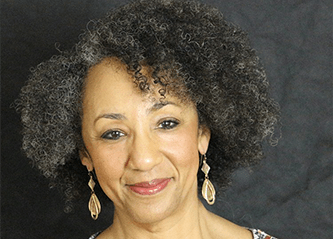
Shelly Harrell, PhD
Licensed psychologist specializing in multicultural and community psychology; Professor of Psychology in the Graduate School of Education at Pepperdine University.
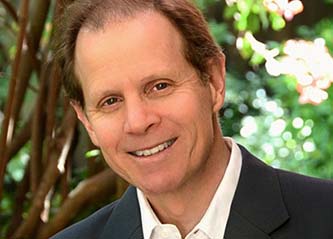
Dan Siegel, MD
Executive Director of the Mindsight Institute; Co-Director of UCLA’s Mindful Awareness Research Center; author of Mindsight: The New Science of Personal Transformation and The Mindful Therapist: A Clinician’s Guide to Mindsight and Neural Integration.
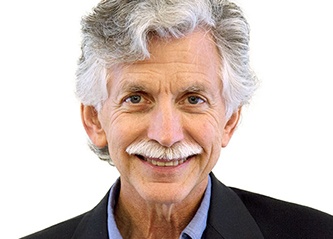
Ron Siegel, PsyD
Assistant Professor of Psychology, part time, Harvard Medical School; Author of The Mindfulness Solution: Everyday Practices for Everyday Problems and Sitting Together: Essential Skills for Mindfulness-Based Psychotherapy.

Rick Hanson, PhD
Senior Fellow of the Greater Good Science Center at UC Berkeley; New York Times bestselling author of Hardwiring Happiness and Buddha’s Brain.

Kelly McGonigal, PhD
Health psychologist and lecturer at Stanford University; Author of The Upside of Stress: Why Stress Is Good for You and How to Get Good At It and The Willpower Instinct: How Self-Control Works, Why It Matters, and What You Can Do to Get More of It.

Bessel van der Kolk, MD
Neuroscientist and Professor of Psychiatry at Boston University Medical School. Author of The Body Keeps the Score: Brain, Mind, and Body in the Healing of Trauma.

Chris Germer, PhD
Co-developer of the Mindful Self-Compassion (MSC) program; Founding faculty member of the Institute for Meditation and Psychotherapy and the Center for Mindfulness and Compassion; Lecturer on psychiatry (part-time) at Harvard Medical School.
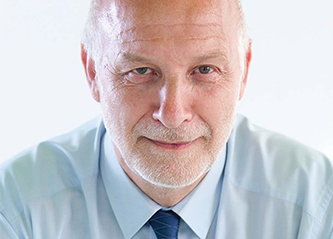
Peter Fonagy, PhD
Co-creator of Mentalization-based Treatment (MBT); Researcher; Professor at University College London, Baylor College, Yale Medical School, and Harvard Medical School, Chief Executive of the Anna Freud National Centre for Children and Families.
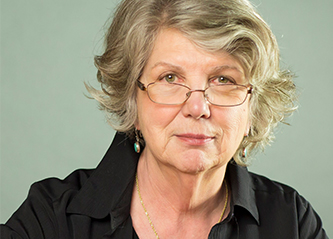
Marsha Linehan, PhD
Creator of Dialectical Behavior Therapy (DBT); Professor of Psychology, Adjunct Professor of Psychiatry and Behavioral Sciences at the University of Washington and Director of the Behavioral Research and Therapy Clinics.
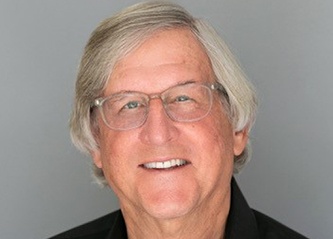
Michael Yapko, PhD
Leading expert in clinical hypnosis and treating depression; Clinical psychologist and author of 15 books including his newest books, The Discriminating Therapist and Keys to Unlocking Depression.
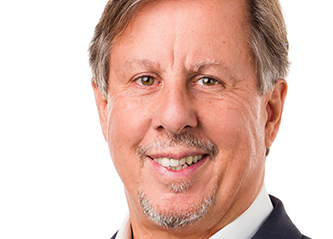
Richard Schwartz, PhD
Founder of Internal Family Systems (IFS) and The Center for Self Leadership; Author of Introduction to Internal Family Systems.
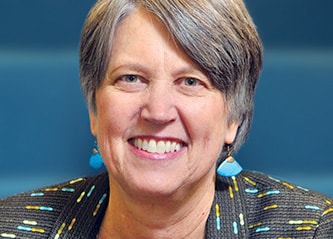
Christine Padesky, PhD
Co-founder of the Center for Cognitive Therapy in Huntington Beach, California; Co-creator of Strengths-Based CBT; Co-author of Mind Over Mood and Collaborative Case Conceptualization.
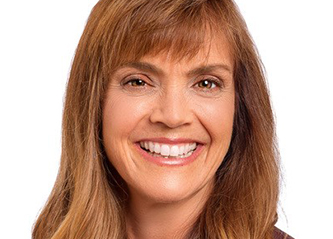
Lynn Lyons, LICSW
Author of Anxious Kids, Anxious Parents: 7 Ways to Stop the Worry Cycle and Raise Courageous & Independent Children, clinical social worker and psychotherapist specializing in anxiety in adults and children.

Joan Borysenko, PhD
Founder of Mind/Body Health Sciences LLC; Author of New York Times Bestseller Minding the Body, Mending the Mind.
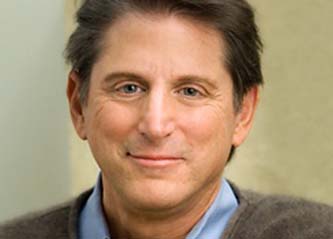
Terry Real, MSW, LICSW
Founder of the Relational Life Institute; Author of I Don’t Want to Talk About It: Overcoming the Secret Legacy of Male Depression and The New Rules of Marriage: What You Need to Make Love Work.
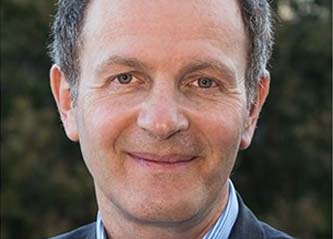
Zindel Segal, PhD
A founder of Mindfulness-Based Cognitive Therapy (MBCT); Professor of Psychology at the University of Toronto.

Bill O’Hanlon, LMFT
Co-developer of Solution-Oriented Therapy; Psychotherapist, speaker, and author of Do One Thing Different: Ten Simple Ways to Change Your Life.

Pat Ogden, PhD
Pioneer in Somatic Psychology; Founder and Director of Sensorimotor Psychotherapy Institute (SPI); Co-founder of the Hakomi Institute; Author of Sensorimotor Psychotherapy: Interventions for Trauma and Attachment.
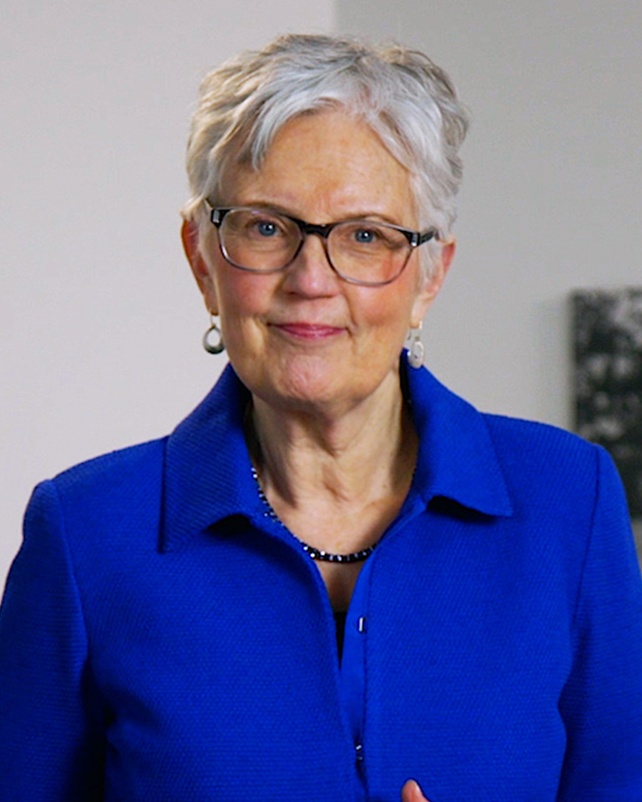
Course Director
Ruth Buczynski, PhD
Here's What You'll Get:
Everything is yours to keep forever in your professional library
|
|
Downloadable videos so you can watch at your convenience, on any device |
|
|
Audio recordings you can download and listen to at home, in the car, at the gym or wherever you like |
|
|
Professionally-formatted transcripts of the sessions, to make review and action simple |
|
|
Three downloadable bonus videos to help you work more effectively with blame |
Get 4 Bonuses That Give You Even More Strategies for Working With Clients Who Blame
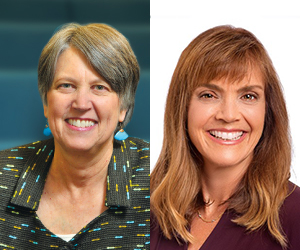
Bonus 1: Working with Blame in Clients Who Have Obsessive Compulsive Disorder
Christine Padesky, PhD Lynn Lyons, LICSW
- Why a client with OCD can have such a strong proclivity to blame
- How to build a strong therapeutic alliance when clients present with blame
- One simple change to how a client deals with difficult people that can diminish their blame
- How to help clients break anxious patterns of blame that ruin family relationships

Bonus 2: An Interactive Strategy to Help Couples Detach From Blame
Ellyn Bader, PhD
- One strategy to help clients see blame as an ineffective coping strategy
- How to help clients find the vulnerable core of their blaming mindset

Bonus 3: A Step-By-Step Approach to Restore the Mentalizing Lost to Blame
Peter Fonagy, PhD
- One critical nuance in your approach that can jump-start a client’s mentalizing
- The powerful way praise can be used to activate blame-resistant mentalizing

Bonus 4: How to Avoid Enacting the Same Blame Pattern You’re Trying to Change
Stephen Porges, PhD Rick Hanson, PhD
- How to recognize when a client’s behavior may be drawing you into feelings of blame
- A nuanced way to use humility to help clients see their patterns of blame
Register Here for $197 $97
and get 14 videos, audios, and transcripts, including 4 bonuses
to help you work more effectively with a client’s blame
3 CE/CME Credits or Clock Hours are available for purchase at checkout.
Click HERE to get information about CE/CME credits and clock hours as well as speaker disclosures
Starting Today, This Program Can Change the Way You Practice

. . . I feel so fortunate to have this access to brain power, experience and research synthesis . . .
“When I listen to the experts talk openly about their experience, I feel so fortunate to have this access to brain power, experience and research synthesis on cutting edge issues! I go back to the videos to reinforce things that will assist my clients.”
Mary Logan, Counselor
Ipswich, MA

I benefit, my practice benefits, and most important my clients benefit . . .
“I live in Nova Scotia and have limited travel funds at the university at which I work. The series provided by NICABM gives me the rare opportunity to listen to the leaders in the field. As a result, I learn valuable information that would not otherwise be available to me. I benefit, my practice benefits, and most important my clients benefit from the knowledge and wisdom I gain from the series.”
David Mensink, PhD Counseling Psychology, Psychologist
Halifax, Nova Scotia, Canada

. . . some dare to go the extra journey to research and educate
“These NICABM series keep me afloat, in touch, on track, well trained in my field, and more personally healthy. The best aspect, though, is that I feel validated and comforted knowing that some dare to go the extra journey to research and educate, so I can walk the path to health, and can share with others.”
Mary Corsello-Vilcheck, LCSW
Midlothian, VA
Why the Transcript Is Essential:
- The transcript makes it easy to go back and double check concepts, citations and names that are mentioned
- We put in a table of contents to make it easy for you to find the exact part of the webinar you need
- Having the concepts already written allows you to take notes on how you’re going to use the ideas rather than transcribing the ideas
- Some people simply learn better by reading than by listening or watching
- You will be able to print out and share techniques presented in the session with your patients

“I really liked being able to follow along with the transcripts as I listened…it was nice not to feel like I had to take notes. I really feel like I remember more when I both hear and see at the same time.”
Mary Ellen McNaughton, Masters in Counseling, Psychology Counselor
Kelowna, British Colombia, Canada
You Are Protected By
NICABM’s Money-Back Guarantee
We invite you to register for this training program without any risk. Unless you are completely satisfied, we will refund your money. Just let us know within 30 days from the date of registration. We are that confident that you will find this information to be more than you expected.
Register Here for $197 $97
and get 14 videos, audios, and transcripts, including 4 bonuses
to help you work more effectively with a client’s blame
3 CE/CME Credits or Clock Hours are available for purchase at checkout.
Click HERE to get information about CE/CME credits and clock hours as well as speaker disclosures

